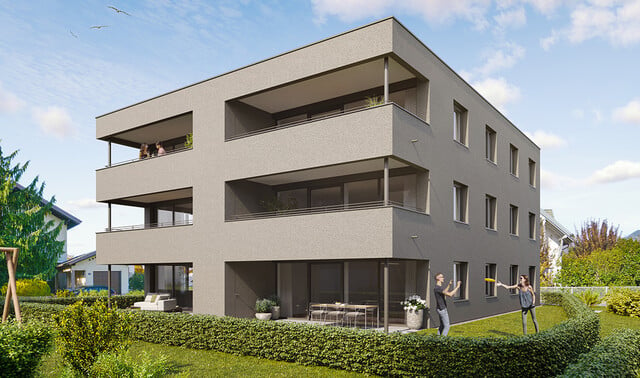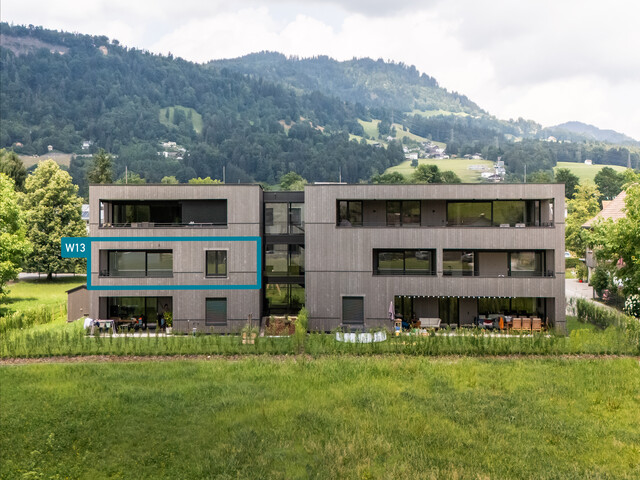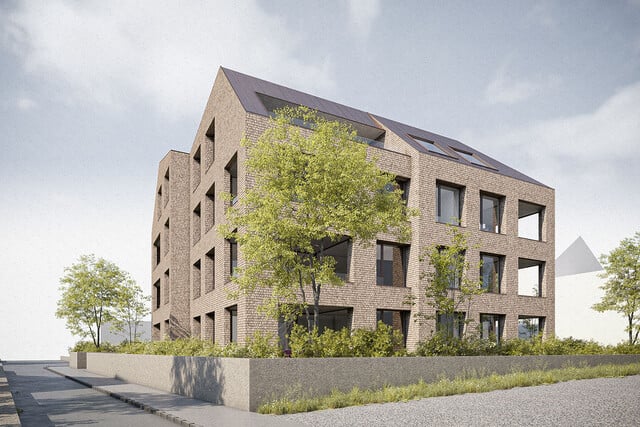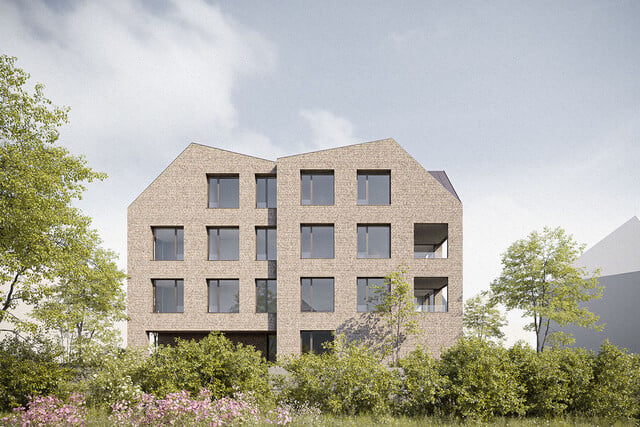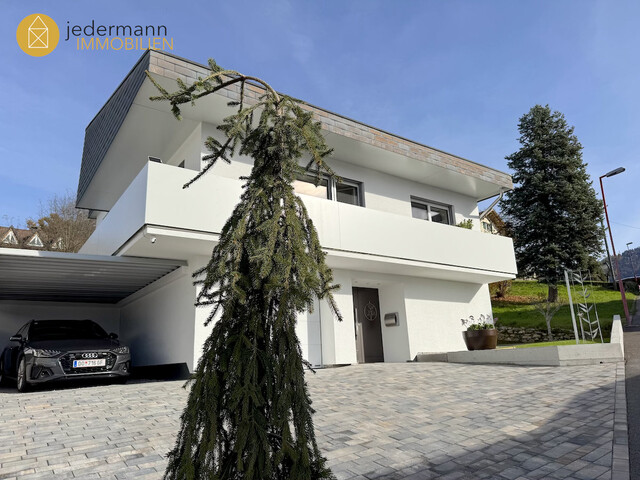Demand for Social Security for People with Disabilities
"People with disabilities are denied a self-determined life," criticized Martin Schenk from the Poverty Conference. According to the NGO Poverty Conference, 27 percent of the approximately 760,000 people with disabilities in Austria are at risk of poverty. "There is no independent social security for people who are permanently unable to work due to a mental illness or disability," said Gerlinde Heim, managing director of Representation Network, which represents around 7,000 people with intellectual or mental impairments.
Social Assistance as a "Poor Long-term Solution" for People with Disabilities
The income of those affected usually consists of small individual amounts such as care allowance, increased family allowance, or emergency assistance. "These people are therefore often dependent on social assistance," even though it is only intended for temporary financial emergencies. For people with disabilities, however, it often becomes a "poor long-term solution." According to the Poverty Conference, 22 percent of social assistance or minimum security recipients are affected by a disability.
Organizations for Minimum Security Instead of Maximum Rates
Schenk also pointed out the lack of hardship rules, the long waiting time for the payment of emergency aid, and complicated applications and official procedures. Many people with disabilities also remain financially dependent on their parents, said Heim. Those who cannot support themselves may have to sue for maintenance. "This contradicts the UN Convention on the Rights of Persons with Disabilities," emphasized Heim. In some federal states, adults living with their parents do not receive any social assistance at all.
The organizations therefore called for the planned amendment of the Social Assistance Principles Act, which is intended to bring nationwide standardization, to include a limitation of parental maintenance obligation until 25, a decision period of one month, minimum security instead of maximum rates, low-threshold emergency aid in hardship cases, barrier-free application processes - as well as the clear anchoring of poverty reduction and securing of existence as a legal goal. In the long term, said Heim, there must be independent social security for people with disabilities.
Criticism of Social Assistance Plans in Upper Austria and Styria
Heim also warned of a further deterioration of the system: "We are witnessing the dismantling of the lowest social safety net. The laws are becoming increasingly restrictive and at the same time less effective in preventing poverty and ensuring a dignified life." Norbert Krammer from the Representation Network also criticized the planned restrictive social assistance laws in Upper Austria and Styria. Vaguely formulated "obligation to make efforts" could lead to cuts in social assistance, even in the case of unintentional failures such as illness. Exceptions for people with disabilities are not provided. "A dangerous race has emerged between the federal states: Who pays the least and excludes people most efficiently?" said Krammer. Brigitte Heller, chairwoman of the interest group "Lichterkette," added: "There is nothing worse for someone who is mentally ill than existential fear" - and pointed to the rising suicide rate.
(APA/Red)
This article has been automatically translated, read the original article here.
Du hast einen Hinweis für uns? Oder einen Insider-Tipp, was bei dir in der Gegend gerade passiert? Dann melde dich bei uns, damit wir darüber berichten können.
Wir gehen allen Hinweisen nach, die wir erhalten. Und damit wir schon einen Vorgeschmack und einen guten Überblick bekommen, freuen wir uns über Fotos, Videos oder Texte. Einfach das Formular unten ausfüllen und schon landet dein Tipp bei uns in der Redaktion.
Alternativ kannst du uns direkt über WhatsApp kontaktieren: Zum WhatsApp Chat
Herzlichen Dank für deine Zusendung.

